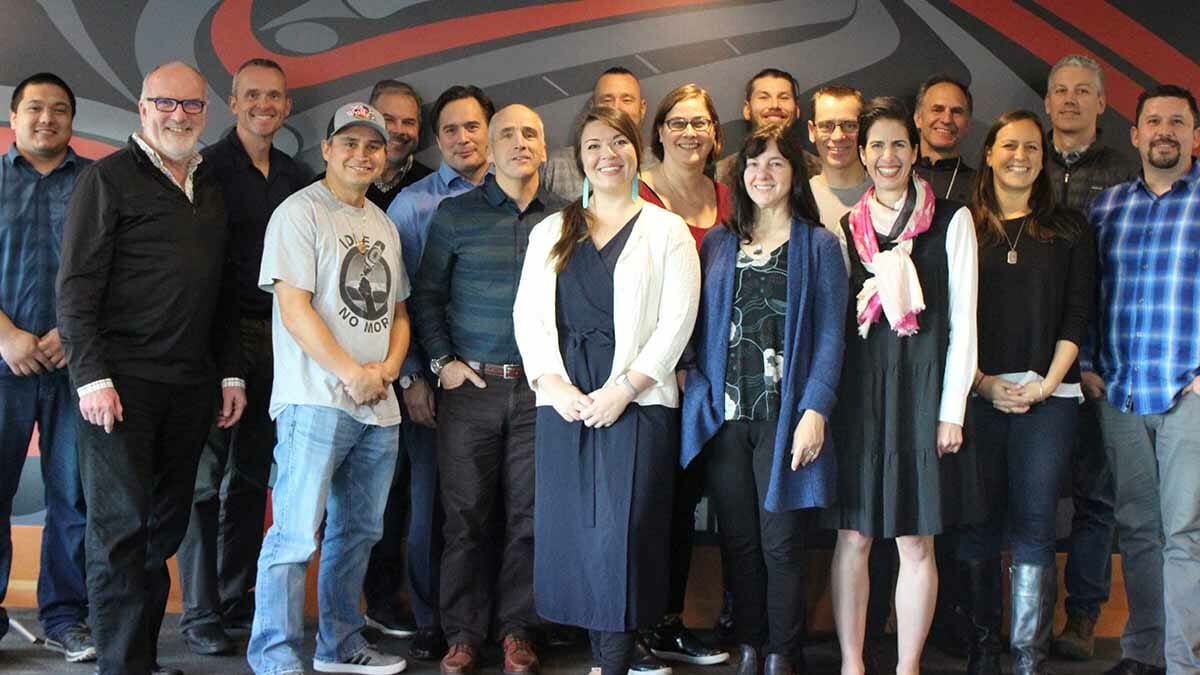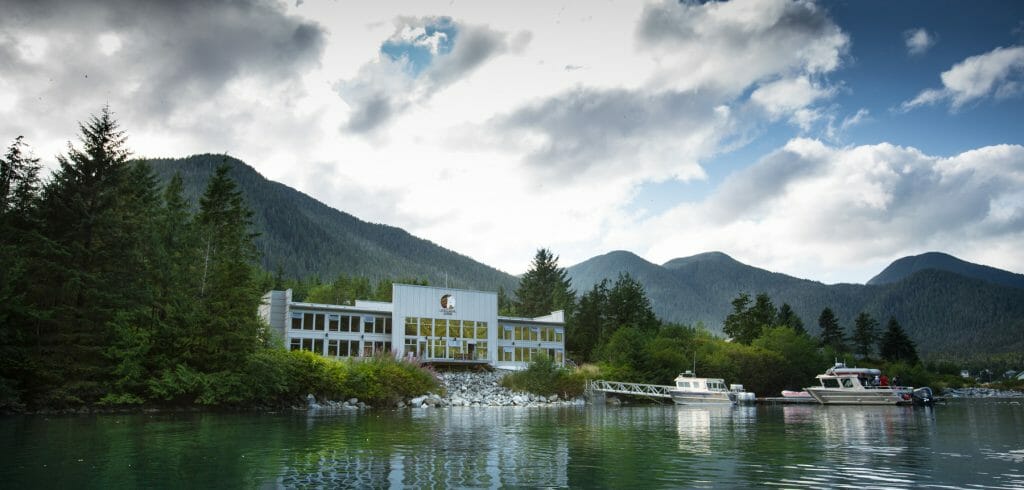Estimated Reading time

2 Mins
Indigenous Ecotourism Offers Many Benefits to Communities

In late 2018, Coast Funds’ executive director Brodie Guy participated in the Indigenous Ecotourism Summit organized by Tides Canada. The summit brought together participants from a number of fields including economic development, government, philanthropy, impact investing, entrepreneurship, and tourism.
Participants spent two days at the Gwa’sala-‘Nakwaxda’xw-owned Kwa’lilas Hotel discussing Indigenous ecotourism in northern Canada. The group worked to find ways of addressing barriers to ecotourism and promoting the positive impacts of the sector. They also designed a number of proposals which would address the needs of the Indigenous ecotourism sector.

The outcomes of the summit, and the work Tides Canada has been conducting since 2017, are outlined in a recent report: Indigenous-led Ecotourism: A Source for Positive Community Impact.
The report shows that communities can and do benefit greatly from Indigenous-led ecotourism. Some of the long-lasting community impacts outlined in the Tides Canada report include:
- Locally created economic development
- Enhanced youth employment opportunities
- Growth of Indigenous entrepreneurship
- Strengthened community pride and solidarity
- Connection to territories reinforces stewardship commitment
- Provides an alternative economic development model from resource extraction
- Source of well-being, health, and healing to community members
Coast Funds-supported ecotourism initiatives like Spirit Bear Lodge, Homalco Wildlife Tours, and Hiellen Longhouse Village demonstrate these benefits in action. Cindy Robinson is a former guide at Spirit Bear Lodge and she knows well the benefits brought by ecotourism. “Tourism provided an opportunity to show pride in who we are,” she recalls.
It provides another source of jobs, in particular for the youth in the community.

The business also provided cultural and employment opportunities for youth and women in the Kitasoo/Xai’xais community of Klemtu. “It provides another source of jobs in the community,” says Larry Greba, director of the Kitasoo Development Corporation. “In particular for the youth in the community. It’s often an entry point for young people, especially ones that don’t want to work in other industries, it gives them an alternative.”
Following the summit, Tides Canada hosted an Indigenous Ecotourism Webinar. K’odi Nelson of Kwikwasut’inuxw Haxwa’mis Nation and Larry Greba of Kitasoo Development Corporation shared their stories and experience working in ecotourism. Nelson shared the powerful story of how ecotourism helped him reconnect with his community, and Greba explained the lessons learned through the creation of the Spirit Bear Lodge and the positive impact it has had for the community of Klemtu. The audio recording of the webinar is available for download here.
Learn more about the benefits of Indigenous-led ecotourism in the Tides Canada report, or on our community well-being pages.
